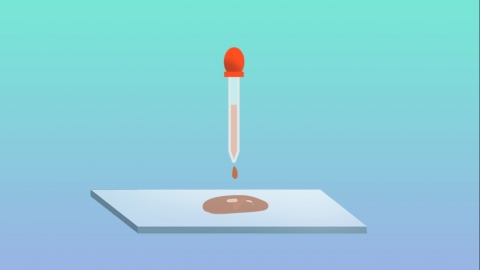Can blood tests detect AIDS?
Generally speaking, whether HIV can be detected through blood tests mainly depends on the stage of infection. If the test is conducted after the window period, the virus can usually be detected. However, if the test is performed during the window period, the virus may not be detectable. If you experience any discomfort, it is recommended to seek medical advice. Detailed explanation is as follows:

If the blood test is performed after the HIV window period, it can typically detect whether the human immunodeficiency virus (HIV) exists in the body, thus effectively ruling out the possibility of HIV infection. At this stage, the viral load of HIV in the body is relatively high, and the virus is in a replicative state, producing sufficient antibodies in the bloodstream to allow for a clear determination of the presence of the virus.
However, if the test is conducted during the HIV window period, a blood test may not accurately detect the presence of HIV. At this early stage, the viral load of HIV in the body is relatively low and not very active, and the level of antibodies in the bloodstream is also low. Therefore, even if the virus is present, it may not be detected immediately. It is recommended to wait for some time and then undergo diagnostic testing using methods such as enzyme-linked immunosorbent assay (ELISA), chemiluminescence assay, or nucleic acid testing.
It should be noted that to improve the accuracy of testing, it is recommended to undergo testing under the guidance of a qualified physician. Additionally, prior to testing, ensure that the sample is not contaminated, to avoid affecting the diagnostic results.










